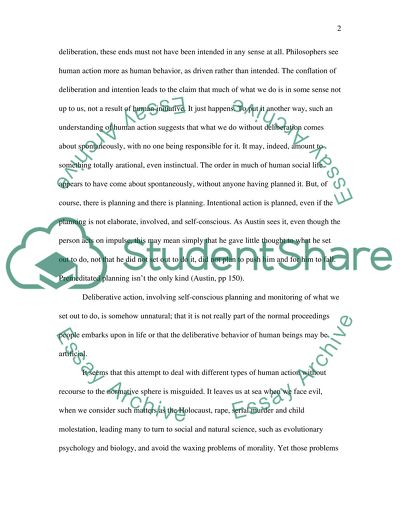Cite this document
(“Human Evil is the Inevitable Result of Human Disobedience, Not of Essay”, n.d.)
Retrieved from https://studentshare.org/sociology/1501369-human-evil-is-the-inevitable-result-of-human-disobedience-not-of-gods-malice-or-neglect
Retrieved from https://studentshare.org/sociology/1501369-human-evil-is-the-inevitable-result-of-human-disobedience-not-of-gods-malice-or-neglect
(Human Evil Is the Inevitable Result of Human Disobedience, Not of Essay)
https://studentshare.org/sociology/1501369-human-evil-is-the-inevitable-result-of-human-disobedience-not-of-gods-malice-or-neglect.
https://studentshare.org/sociology/1501369-human-evil-is-the-inevitable-result-of-human-disobedience-not-of-gods-malice-or-neglect.
“Human Evil Is the Inevitable Result of Human Disobedience, Not of Essay”, n.d. https://studentshare.org/sociology/1501369-human-evil-is-the-inevitable-result-of-human-disobedience-not-of-gods-malice-or-neglect.


